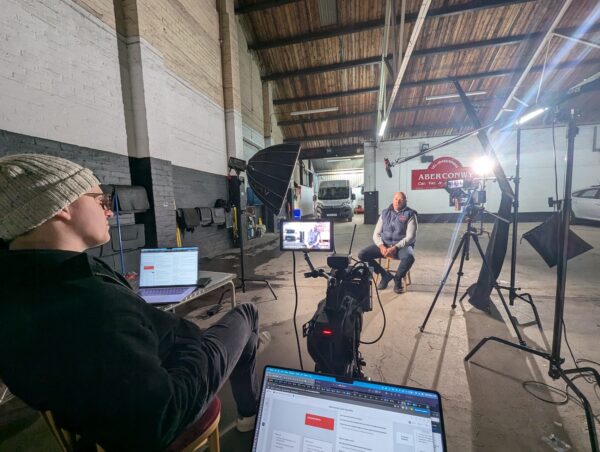Latest News | 10 February 2025
New partnership aims to reduce disability discrimination claims

A pioneering approach to disability discrimination in employment law has been launched by Geldards.
The firm’s employment law team has joined forces with neurodiversity training specialists NeuroUniverse to meet the growing demand from businesses for practical, legally compliant solutions to better support neurodivergent employees.
In what is believed to be the first collaboration of its kind, Geldards and NeuroUniverse will work together to ensure that their advice and training reflect best practice standards and the latest employment law developments in this rapidly evolving area.

The partnership comes as new data from the Ministry of Justice highlights a sharp rise in employment tribunal cases relating to neurodiversity.
Last year, tribunals heard 102 cases where neurodiversity was cited as a factor in alleged discrimination—an increase of over 40% compared to 2020, when there were 70 cases.
Meanwhile, the number of disability discrimination cases referred to Acas (Advisory, Conciliation and Arbitration Service) rose by 30% between 2023 and 2024.
Lowri Phillips, partner at Geldards and an employment law expert with over 20 years’ experience, said: “Over the past year, we have seen a significant rise in clients seeking advice on managing neurodiverse employees, particularly around grievances linked to the lack of reasonable adjustments.
“Many organisations struggle with confidence and knowledge in this area, meaning issues are often ignored until they escalate into formal disputes.
“There is an urgent need to raise awareness and equip employers with the right tools to provide early support before conflicts arise.”
Hayley Harding, director of NeuroUniverse, said: “Awareness of neurodiversity has improved dramatically in recent years, leading to more employees disclosing diagnoses and understanding their legal rights.
“Employers must be able to have open and informed conversations about support and workplace adjustments.
“Our training empowers businesses to remove barriers and create inclusive workplaces.”


